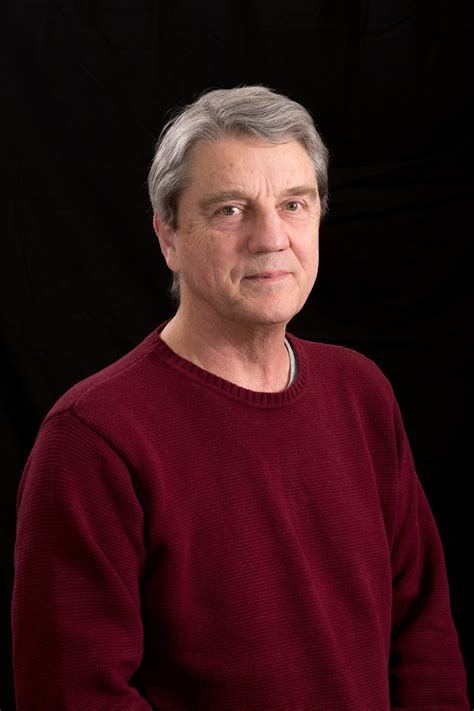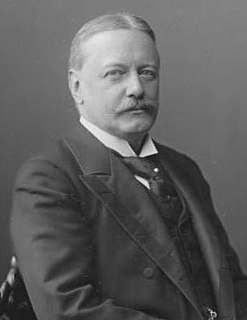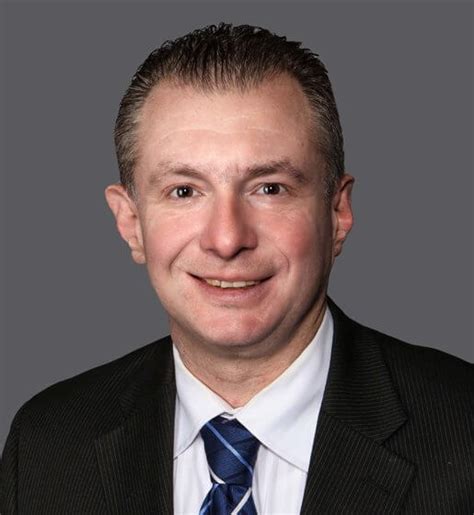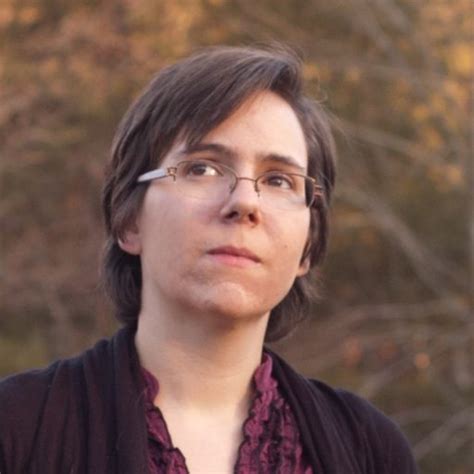A Quote by Gayle Forman
In that twisted incestuous way of fate, Mia's a part of our history, and we're among the shards of her legacy.
Related Quotes
But to deny fate is arrogance, to declare that we are the sole shapers of our existence is madness;if you deny fate life becomes the series of missed opportunities, a regret for what never was and could have been, a remorse of what was not done and could have been done, and the present is wasted, twisted into another missed oppurtunity.
The history of lead is a history of neglect. It's a history of decisions on our part not to address the broad implications of what we did to ourselves during the industrial revolution and in the first part of the century when our cities expanded broadly, when we built our housing and we began to depend upon lead as a mainstay of our new industrial culture. We put this stuff in even though we knew it was dangerous, we knew it was going to hurt kids.
Jesus came among us to show and teach the life for which we were made. He came very gently, opened access to the governance of God with him, and set afoot a conspiracy of freedom in truth among human beings. Having overcome death he remains among us. By relying on his word and presence we are enabled to reintegrate the little realm that makes up our life in the infinite rule of God. And that is the eternal kind of life. Caught up in his active rule, our deeds become an element in God’s eternal history. They are what God and we do together, making us part of his life and him a part of ours.


































